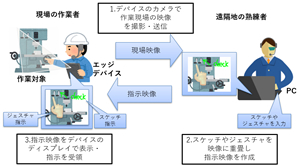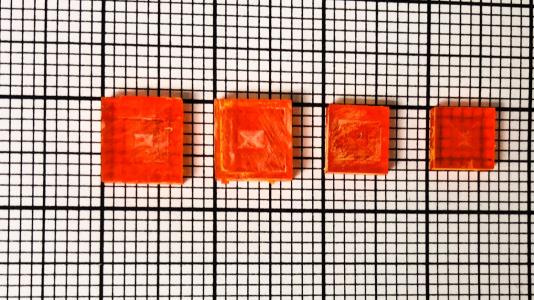2023-09-28 スイス連邦工科大学ローザンヌ校(EPFL)
◆この研究は、ビデオストリーミング、自動運転車、監視など、AIに依存するさまざまな活動に適用可能で、従来の敵対的なトレーニングの限界を克服しました。この新しいアプローチは、AIの防御を強化し、2023年の国際機械学習会議で論文賞を受賞しました。
<関連情報>
- https://actu.epfl.ch/news/enhancing-ai-robustness-for-more-secure-and-reliab/
- https://arxiv.org/abs/2306.11035
敵対的な訓練は非ゼロサムゲームとして行うべき
Adversarial Training Should Be Cast as a Non-Zero-Sum Game
Alexander Robey, Fabian Latorre, George J. Pappas, Hamed Hassani, Volkan Cevher
arXiv Submitted on 19 Jun 2023
DOI:https://doi.org/10.48550/arXiv.2306.11035
One prominent approach toward resolving the adversarial vulnerability of deep neural networks is the two-player zero-sum paradigm of adversarial training, in which predictors are trained against adversarially-chosen perturbations of data. Despite the promise of this approach, algorithms based on this paradigm have not engendered sufficient levels of robustness, and suffer from pathological behavior like robust overfitting. To understand this shortcoming, we first show that the commonly used surrogate-based relaxation used in adversarial training algorithms voids all guarantees on the robustness of trained classifiers. The identification of this pitfall informs a novel non-zero-sum bilevel formulation of adversarial training, wherein each player optimizes a different objective function. Our formulation naturally yields a simple algorithmic framework that matches and in some cases outperforms state-of-the-art attacks, attains comparable levels of robustness to standard adversarial training algorithms, and does not suffer from robust overfitting.




